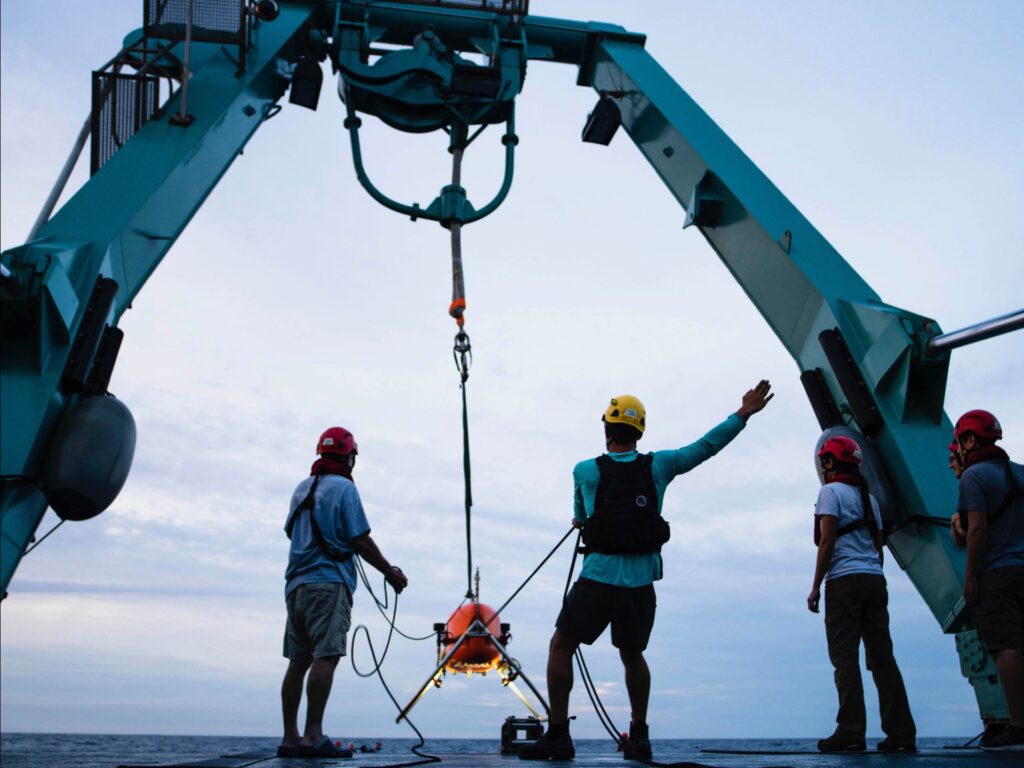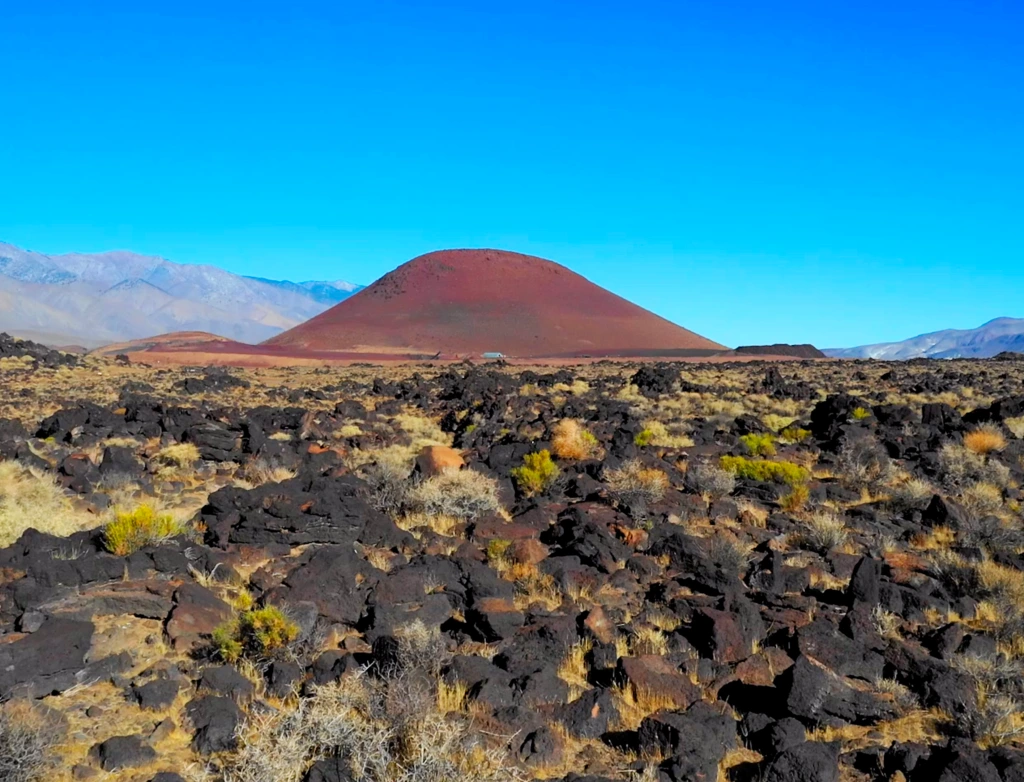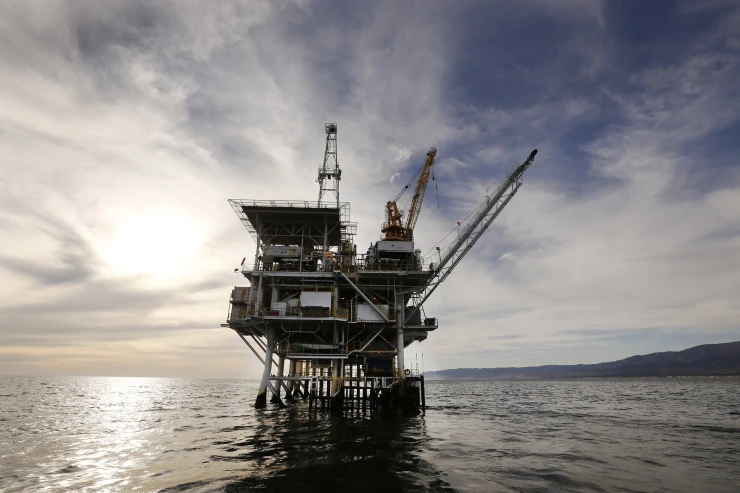Sea of Shadows takes on poaching in the Sea of Cortez

One of the best documentary films at Sundance this year was the conservation epic Sea of Shadows, about poaching in the Sea of Cortez. Directed by Richard Ladkani (who also directed Ivory Game, about elephant poaching), and executive produced by Leonardo DeCaprio.
The film follows Mexican journalist Carlos Loret de Mora and members of the Sea Shepherd conservation organization as they try to stop Mexican drug cartels and the Chinese mafia from poaching a fish called the totoaba, whose swim bladder is prized in Chinese medicine. The action takes place in Baja California’s Sea of Cortez, just south of the U.S. border. Some of the scenes are genuinely nail-biting, with night-vision-equipped drones and chase scenes worthy of a blockbuster thriller.
Drones used in Napa Valley to protect vineyards

(credit: Yamaha)
It seems that drones are now being used almost everywhere, so perhaps it’s no surprise that the small flying machines are being flown to monitor the health of vineyards in wine country. Renteria Vineyard Management in Napa, is putting small helicopters to use applying chemical crop protection to grapevines using a remotely-piloted agricultural spray vehicle.
Landslide brought me down

Back in May 2017, a massive landslide, too place near Big Sur, California, dumping 6 million cubic yards of rock and mud across Pacific Coast highway. The state paid over $54 million to fix the problem, basically building a new road over the top of the debris field. But now, scientists at NASA’s Jet Propulsion Laboratory in Pasadena, California reveal how drought and extreme rains likely destabilized the slide, making it far more likely to occur.
We gotta talk about Earthquakes, after all, it’s California.

“This will happen. There’s no stopping plate tectonics,” says Lucy Jones, perhaps the best-known earthquake scientist living today. This new podcast from California radio program The Big One on KPCC talks about the history of plate tectonics and why California is so prone to deadly earthquakes.
Walter Munk, Einstein of the Oceans, passes at 101

A legendary figure in ocean science passed this week at the age of 101. Walter Munk’s contributions to our understanding of ocean science was massive. He conducted experiments all over the globe, measuring waves, ocean circulation, tides and how the ocean affects the Earth’s rotation. As a young scientist, he measured water flow at Bikini Lagoon before nuclear bomb tests there in 1946. He was a long-time Californian, graduating from Caltech and UCLA, and ending up at the esteemed Scripps Institution of Oceanography in San Diego, which he joined in 1947. He was also the recipient of the 2010 Crafoord Prize, perhaps the most prestigious prize after the Nobel (which is not offered for ocean science). Here’s an Emmy award-winning video story about Munk from 1994.
Scripps Institution of Oceanography The New York Times





